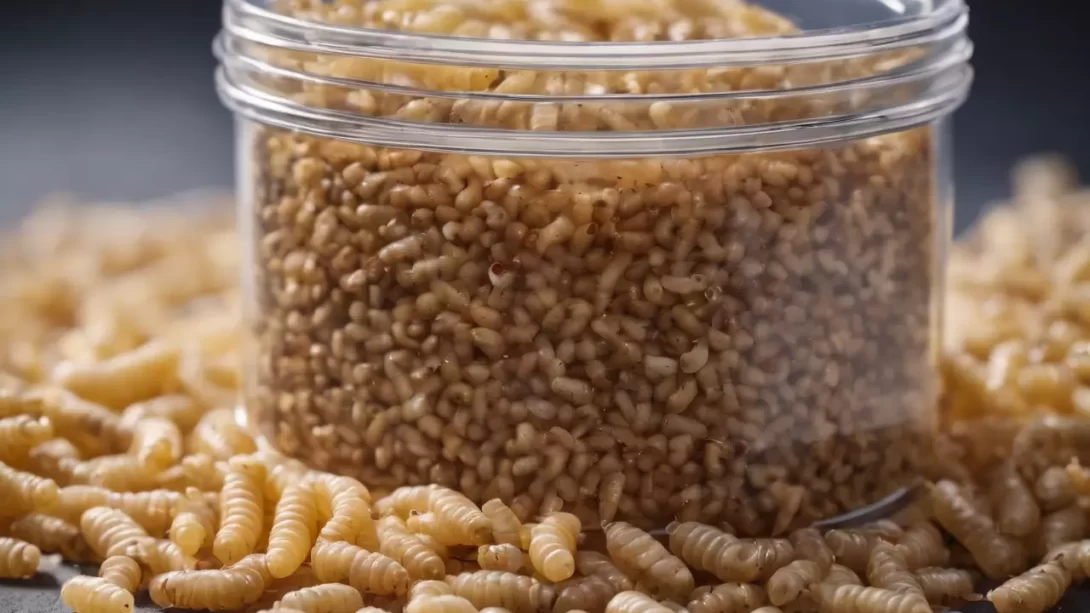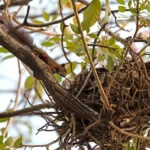Maggots are the larval stage of flies, commonly seen in decomposing organic matter. These whitish, worm-like creatures go through several stages in their lifecycle: from eggs, to larvae (maggots), pupae, and finally, adult flies. Understanding this cycle is crucial for comprehending how maggots can develop in various environments, including seemingly secure, sealed containers.
How Maggots Appear in Sealed Environments
The presence of maggots in a sealed container often perplexes and alarms individuals. This phenomenon usually occurs when fly eggs are already laid on the organic material before it’s sealed. These eggs are tiny and can be easily overlooked. Additionally, even containers thought to be tightly sealed might have minute openings that allow flies to access and lay eggs. Once inside, with the right conditions of moisture and warmth, these eggs can hatch into maggots, leading to an unexpected infestation.
Conditions Favoring Maggot Development
Maggots thrive in environments rich in decomposing organic material, such as food waste or decaying plant matter. This provides them with ample nutrients for growth. Additionally, the right combination of moisture and warmth accelerates their development. High humidity within a sealed container, combined with temperatures between 50°F and 104°F (10°C to 40°C), creates an ideal breeding ground for maggots. Therefore, even a small amount of organic residue in a sealed container can lead to a maggot infestation under these conditions.
Preventing Maggot Infestation in Containers
To prevent maggot infestations, cleanliness is key. Thoroughly cleaning containers before use ensures that no organic residue or fly eggs remain. It’s crucial to inspect for and seal any gaps or cracks, as these can be entry points for flies to lay eggs. Using containers with airtight seals can also help. Additionally, storing perishable items at lower temperatures, such as in a refrigerator, can inhibit maggot development by creating an environment less conducive to their growth. Regularly checking and maintaining the integrity of containers also plays a vital role in preventing infestations.
Identifying and Managing an Infestation
Identifying a maggot infestation early is crucial for effective management. Signs include the presence of small, white larvae, often wriggling on the surface of stored organic material. If you discover maggots in a sealed container, remove and dispose of the contents immediately. Clean the container thoroughly with hot, soapy water or a disinfectant. For persistent infestations, consider using natural deterrents like vinegar or diatomaceous earth. Preventing flies from entering storage areas and maintaining cleanliness are key to managing future infestations.
Conclusion
Maggots in sealed containers are a result of fly eggs laid on organic material or through minute openings. The conditions inside these containers, especially when they contain organic residue and are stored in warm, humid environments, can lead to rapid maggot development. Preventing infestations involves meticulous cleanliness, proper sealing, and regular maintenance of storage containers. Understanding the lifecycle and habits of these pests is essential in effectively preventing and managing infestations, ensuring the hygiene and safety of stored items.




